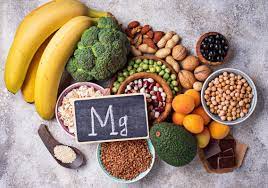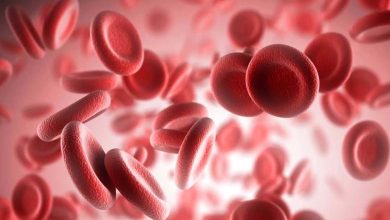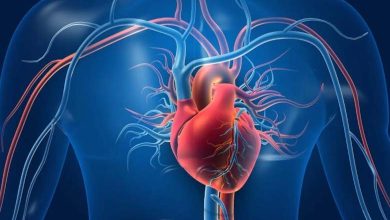5 signs that you don’t have enough magnesium!

Magnesium is a mineral salt that is very important for our general health. Let’s discover the main signs that our body should not underestimate, because they are synonymous with an important deficiency.
the magnesium is an essential mineral that plays a role in muscle relaxation, blood pressure regulation and nerve function. It is also involved in the production of energy from food, which is why some call it the “energy mineral”.
Despite its importance, not everyone benefits enough from it. The magnesium deficiency is relatively common in Western diets because they often contain too little whole grains, nuts, seeds, and green leafy vegetables that are naturally rich in magnesium.
Some factors that increase the risk of developing a deficiency, for example:
a diet high in processed foods and low in fruits and vegetables
medicines that prevent magnesium absorption or cause diarrhea (diuretics, antibiotics)
regular alcohol consumption
anorexia or bulimia.
Here are some signs and symptoms that our body sends us that indicate a possible deficiency.
You have frequent muscle cramps
Low magnesium levels appear to play a role in muscle cramps. This is not surprising since magnesium plays a key role in muscle contraction. Therefore, if you have frequent cramps, your diet may need more magnesium.
You are depressed, anxious and stressed
Without magnesium in your diet, you may find it difficult to relax. You may also experience anxiety or symptoms of depression. This deficiency is associated with various mood swings and depression, due to its role in nerve function.
You suffer from insomnia
Magnesium deficiency can also cause sleep problems. When you are deficient in magnesium, it is more difficult to enter a state of relaxation, which promotes falling asleep.
Magnesium supplementation decreases significantly insomnia and improves the quality of sleep, but before taking supplements, it is good to talk to your doctor.
You have high blood pressure
Whether blood pressure increases, a magnesium deficiency may be the reason. This mineral helps regulate pressure by relaxing the muscles of arteries and veins, so blood pressure drops. Magnesium plays a key role in heart health. So be sure to eat enough magnesium-rich foods.
You have low bone density
Magnesium deficiency is linked to low bone density (osteopenia) and an increased risk of osteoporosis, a disease in which bones become fragile and break easily.
This mineral plays a key role in bone metabolism and contributes to the activation of vitamin D, which is important for bone health, it also promotes the distribution of calcium in the bones.












